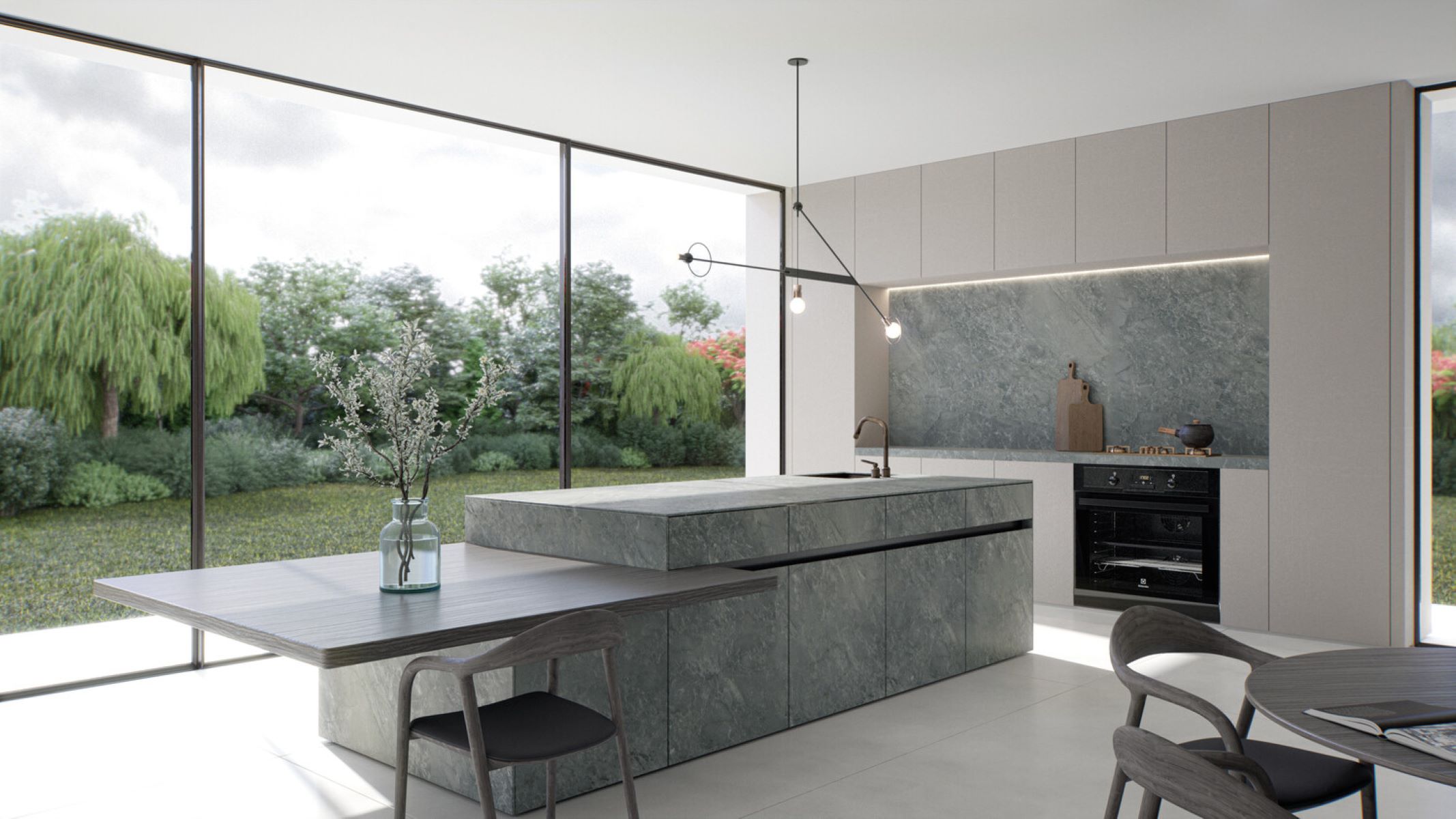

Articles
What Are Neolith Countertops Made Of
Modified: December 7, 2023
Discover what Neolith countertops are made of in this informative article. Learn about the materials used, their durability, and why they are a popular choice for modern kitchens.
(Many of the links in this article redirect to a specific reviewed product. Your purchase of these products through affiliate links helps to generate commission for Storables.com, at no extra cost. Learn more)
Introduction
Neolith countertops have become increasingly popular in modern kitchen designs. Renowned for their superior durability, outstanding aesthetics, and eco-friendly properties, Neolith countertops have become a preferred choice for homeowners and designers alike. But what exactly are Neolith countertops made of? In this article, we will delve into the composition, manufacturing process, properties, and benefits of Neolith countertops.
One of the key factors behind the rise in popularity of Neolith countertops is their innovative composition. Neolith is a brand of sintered compact surfaces, made by combining natural materials through advanced technological processes.
Traditionally, countertops were primarily made of natural stone, such as granite or marble. While these materials are still widely used, Neolith countertops offer a unique alternative that combines the best of both worlds – the beauty and elegance of natural stone, with the added benefits of modern technology.
The composition of Neolith countertops varies slightly depending on the specific color and design. However, the main ingredients include:
- Natural Clays: Neolith countertops consist of approximately 50% natural clays, which provide strength and stability to the material.
- Feldspar: This mineral contributes to the countertops’ resistance to heat and high temperatures, making them ideal for kitchen use.
- Silica: Silica is responsible for the countertops’ durability and resistance to stains and scratches.
- Natural Oxide Pigments: These pigments give Neolith countertops their wide range of colors and patterns, allowing for endless design possibilities.
The manufacturing process of Neolith countertops is a complex and meticulous one. It involves a combination of compressed pressure and high temperatures, resulting in a dense and non-porous material. This process mimics the geological processes that occur over millions of years to create natural stones, but in a significantly shorter time frame.
Neolith countertops are produced in large slabs, which are then cut and fabricated according to the specific dimensions and design requirements. Whether it’s for kitchen countertops, bathroom vanities, or even outdoor surfaces, Neolith offers a versatile solution with its extensive range of sizes, thicknesses, and finishes.
In the next sections, we will explore the properties and benefits of Neolith countertops, their popular applications, as well as maintenance and care tips to ensure their longevity and pristine appearance.
Key Takeaways:
- Neolith countertops are composed of natural clays, silica, feldspar, and natural oxide pigments, offering a unique blend of durability, heat resistance, and design versatility through advanced manufacturing processes.
- With Neolith countertops, homeowners and designers can enjoy a surface that combines timeless beauty, unparalleled performance, and eco-conscious manufacturing, providing a durable, low-maintenance, and visually stunning solution for various applications.
Read more: What Are Countertops Made Of
Composition of Neolith Countertops
Neolith countertops are renowned for their exceptional durability and resistance to everyday wear and tear. Their composition plays a significant role in these properties, making them a sought-after choice for kitchens, bathrooms, and other surfaces.
Neolith countertops are made through a process called sinterization, which involves the fusion of minerals and raw materials at high temperatures and pressure. The composition of Neolith countertops typically includes the following elements:
- Natural Clays: Natural clays make up approximately 50% of the Neolith composition. These clays provide the countertops with excellent structural strength and resistance to impact.
- Silica: Silica is a key component, making up around 45% of the composition. This element is responsible for Neolith’s remarkable resistance to scratches and stains. Silica also enhances the material’s antibacterial properties, making it a hygienic choice for kitchen and bathroom surfaces.
- Feldspar: Feldspar, a mineral that contributes to Neolith’s heat resistance, makes up about 5% of the composition. This characteristic allows Neolith countertops to withstand high temperatures without warping or discoloration, making them suitable for use in kitchens where heat exposure is common.
- Natural Oxide Pigments: Neolith countertops come in a wide range of colors and patterns, thanks to the inclusion of natural oxide pigments. These pigments are added during the manufacturing process, giving Neolith its aesthetic appeal and allowing for endless design possibilities.
The combination of these elements and the advanced manufacturing process results in a material with exceptional durability, resistance to UV rays, and a natural appearance that mimics that of real stone. Neolith countertops are non-porous, making them resistant to stains from common household products like coffee, wine, or oils. Additionally, their non-porous nature prevents the growth of bacteria, making them a hygienic choice for food preparation areas.
Neolith also offers various collections that cater to different design preferences. They range from classic marbles to modern concrete-inspired finishes. These collections provide the flexibility to achieve a desired aesthetic while enjoying the benefits of Neolith’s durability and performance.
Next, let’s explore the meticulous manufacturing process of Neolith countertops and how it contributes to their unique properties.
Manufacturing Process
The manufacturing process of Neolith countertops involves a combination of advanced technology and natural raw materials. This meticulous process ensures that the final product possesses the desired properties, durability, and aesthetics.
The manufacturing process begins with the selection of high-quality natural clays. These clays are carefully sourced to ensure consistency and optimal performance in the final product. The clays are then mixed with other key ingredients, such as silica, feldspar, and natural oxide pigments, in precise proportions to achieve the desired composition.
Once the ingredients are thoroughly mixed, the resulting mixture is poured into large molds or hydraulic presses. The mixture is subjected to intense pressure, typically ranging from 400 to 500 bars, and high temperatures of up to 1200 degrees Celsius. This combination of pressure and heat is what creates the dense and compact structure of Neolith countertops.
During the sinterization process, the particles of the raw materials bind together, forming a solid slab. This process, which mimics the natural formation of stones over millions of years, takes only a few hours to complete. The high-pressure and high-temperature conditions ensure that the slab is highly resistant to impact, scratches, and stains.
After the initial sinterization phase, the slabs undergo additional treatments to enhance their appearance and performance. This can include processes such as polishing, honing, or texturing to achieve different finishes and textures. These treatments not only add to the aesthetic appeal of Neolith countertops but also provide additional protection against wear and tear.
Once the slabs are formed, they are cut into various sizes and thicknesses according to the specifications of the order. Precision cutting ensures that the countertops fit seamlessly into the desired space, whether it’s a kitchen island or a bathroom vanity.
The final step in the manufacturing process is quality control. Each slab undergoes rigorous testing to ensure that it meets the highest standards of durability, performance, and aesthetics. This quality control process guarantees that only the finest Neolith countertops make their way to the market.
The manufacturing process of Neolith countertops showcases the perfect blend of advanced technology and natural materials. This combination results in a material that offers outstanding durability, resistance to heat, chemicals, and UV rays, while also delivering exquisite beauty and endless design possibilities.
Now that we understand the composition and manufacturing process of Neolith countertops, let’s explore the unique properties and benefits they offer.
Properties and Benefits
Neolith countertops offer a wide range of properties and benefits that make them a desirable choice for homeowners and designers. Let’s explore some of the key features of Neolith and the advantages they provide:
- Durability: Neolith countertops are highly durable and resistant to scratches, stains, and impacts. The sinterization process ensures a dense and compact structure, making them ideal for high-traffic areas such as kitchens and bathrooms. They can withstand the demands of daily use without losing their pristine appearance.
- Heat Resistance: Neolith countertops are heat resistant, making them well-suited for kitchen countertops and other surfaces that experience exposure to high temperatures. Whether it’s placing hot pots and pans directly on the surface or accidental contact with hot utensils, Neolith countertops can handle it without any damage.
- Non-Porous: Neolith countertops are non-porous, which means they do not absorb liquids or harbor bacteria. This makes them easy to clean and maintain, as spills and stains can be easily wiped away. The non-porous surface also prevents the growth of bacteria, making Neolith countertops a hygienic choice for food preparation areas.
- UV Resistance: Neolith countertops are resistant to UV rays, making them suitable for both indoor and outdoor applications. With their ability to withstand prolonged exposure to sunlight, they will maintain their color and appearance over time, without fading or discoloration.
- Eco-Friendly: Neolith takes its commitment to the environment seriously. The manufacturing process of Neolith countertops utilizes natural raw materials and minimizes waste. Additionally, Neolith is recyclable, making it an eco-friendly choice for those seeking sustainable building materials.
- Design Versatility: Neolith countertops offer a wide range of colors, patterns, and finishes, allowing for endless design possibilities. Whether you prefer the luxurious look of marble or the industrial appeal of concrete, Neolith has a collection to suit your style. The versatility of Neolith opens up a world of creativity for homeowners and designers.
With these properties and benefits, Neolith countertops provide a long-lasting and visually appealing solution for residential and commercial spaces. They combine the beauty of natural stone with the durability and performance of modern technology, offering a unique blend that is hard to find in other countertop materials.
Next, let’s explore the popular applications of Neolith countertops and how they can transform different areas of your home or commercial space.
Neolith countertops are made of natural materials such as clays, feldspar, silica, and mineral oxides. They are compressed and heated to create a durable, non-porous surface.
Popular Applications
Neolith countertops offer versatility and durability, making them suitable for a wide range of applications in both residential and commercial settings. Let’s explore some of the popular uses of Neolith:
- Kitchen Countertops: Neolith is a popular choice for kitchen countertops due to its resistance to heat, stains, and scratches. Whether you’re preparing meals, setting hot pans, or chopping ingredients, Neolith countertops can handle the demands of a busy kitchen. Available in various colors and finishes, Neolith can complement any kitchen design style.
- Bathroom Vanities: Neolith’s non-porous and hygienic properties make it an excellent choice for bathroom vanities. Its resistance to moisture and stains ensures that your bathroom surfaces remain clean and pristine. Neolith can also be used for shower walls, backsplashes, and even bathtub surrounds, adding a touch of luxury and durability to your bathroom space.
- Outdoor Surfaces: Neolith’s resistance to UV rays and extreme weather conditions makes it ideal for outdoor applications. Whether it’s for an outdoor kitchen, barbecue area, or patio, Neolith can withstand the elements and maintain its beauty over time. Its non-porous nature also makes it resistant to mildew and algae growth, ensuring a low-maintenance outdoor surface.
- Flooring: Neolith not only offers versatility as a countertop material but can also be used for flooring. Its durability and resistance to stains make it a practical choice for high-traffic areas such as hallways, entryways, and living spaces. With its wide range of colors and finishes, Neolith can add a touch of elegance to any room.
- Wall Cladding: Neolith’s large format slabs and lightweight nature make it ideal for wall cladding applications. Whether it’s for interior feature walls or exterior facades, Neolith can transform the look of any space. The wide variety of colors and textures available in Neolith collections allow for creativity in design, making it a popular choice among architects and designers.
These are just a few examples of the popular applications of Neolith countertops. Its versatility, durability, and aesthetic appeal make it suitable for a wide range of projects, from residential homes to commercial spaces.
Now that we have explored the various applications of Neolith countertops, let’s discuss the importance of proper maintenance and care to ensure their longevity and pristine appearance.
Read more: What Is Silestone Countertops Made Of
Maintenance and Care
Neolith countertops are known for their durability and resistance to stains, scratches, and heat. However, proper maintenance and care are essential to ensure their longevity and keep them looking their best. Here are some maintenance tips to follow:
- Regular Cleaning: Clean your Neolith countertops regularly using a mild, non-abrasive household cleaner and a soft cloth or sponge. Avoid using harsh chemicals or abrasive cleaning tools, as they can damage the surface of the countertops.
- Avoiding Harsh Substances: While Neolith is highly stain-resistant, it is still best to clean up spills promptly. Avoid leaving acidic or highly pigmented substances, such as lemon juice, wine, or coffee, on the countertops for an extended period. If any spills occur, wipe them up immediately to prevent potential staining.
- Protection Against Heat: Though Neolith is heat-resistant, it’s always a good practice to use trivets or hot pads under hot pots, pans, or other heated items to prevent direct contact with the countertops. This precautionary measure will help maintain the surface and prevent any potential damage.
- Avoid Rough Handling: While Neolith is highly durable, it is still best to avoid rough handling or dragging heavy objects across the countertops. Although Neolith is scratch-resistant, it is recommended to use cutting boards and avoid cutting directly on the surface to minimize any potential impact on its pristine appearance.
- Regular Sealing: Unlike natural stone countertops, Neolith countertops do not require sealing as they are already non-porous. However, depending on the specific finish or texture of your Neolith countertops, it is advisable to consult the manufacturer’s guidelines for any specific sealing recommendations.
- Preventing Impact Damage: While Neolith is highly impact-resistant, it’s advisable to avoid dropping heavy objects or applying excessive force on the countertops. Though Neolith can withstand everyday wear and tear, taking precautions to prevent any potential damage will help maintain the countertops’ appearance over time.
By following these maintenance tips and ensuring proper care, you can keep your Neolith countertops looking beautiful and performing exceptionally for years to come.
Now that we have covered the maintenance and care of Neolith countertops, let’s discuss how they compare to other countertop materials.
Comparison with Other Countertop Materials
When it comes to choosing the right countertop material for your home, there are numerous options available on the market. Let’s compare Neolith countertops with other popular countertop materials to help you make an informed decision:
- Natural Stone: Neolith countertops offer the beauty of natural stone, such as granite or marble, but with enhanced durability and maintenance benefits. Unlike natural stone, Neolith is non-porous, making it resistant to stains and bacteria. It is also more resistant to scratching and heat compared to some types of natural stone.
- Laminate: Laminate countertops are affordable and come in a range of colors and patterns. However, they are more prone to scratching, staining, and heat damage compared to Neolith countertops. Neolith, on the other hand, offers superior durability and performance, making it a more long-lasting and low-maintenance option.
- Quartz: Quartz countertops are known for their durability and non-porous nature, similar to Neolith. However, Neolith offers a wider range of colors and finishes, allowing for more design possibilities. Additionally, Neolith is highly resistant to heat, making it a better option for kitchen countertops.
- Solid Surface: Solid surface countertops, like Corian, offer versatility and the ability to create seamless designs. While solid surface countertops are non-porous, Neolith provides greater durability and resistance to heat and impact. Neolith is also more resistant to staining compared to some solid surface materials.
Overall, Neolith countertops offer a unique combination of the beauty and elegance of natural stone, along with enhanced durability and low-maintenance qualities. They outperform many other countertop materials in terms of heat resistance, scratch resistance, stain resistance, and overall longevity.
It’s important to consider your specific needs, budget, and design preferences when comparing countertop materials. Each material has its own pros and cons, making it crucial to weigh them against your requirements.
With its outstanding performance, diverse design options, and eco-friendly characteristics, Neolith countertops are a reliable and elegant choice for those seeking a high-quality and long-lasting surface solution.
Now, let’s wrap up our discussion and summarize the key points about Neolith countertops.
Conclusion
Neolith countertops have revolutionized the world of kitchen and bathroom design with their exceptional durability, stunning aesthetics, and eco-friendly properties. Composed of natural clays, silica, feldspar, and natural oxide pigments, Neolith offers a unique blend of natural materials and advanced technology.
The manufacturing process of Neolith countertops involves intense pressure and high temperatures, resulting in a dense and non-porous material that is resistant to heat, stains, scratches, and UV rays. Its versatility allows it to be used in various applications such as kitchen countertops, bathroom vanities, outdoor surfaces, flooring, and wall cladding.
Proper maintenance and care are essential to maximize the longevity and appearance of Neolith countertops. Regular cleaning, avoiding harsh substances, protecting against heat, and preventing impact damage are key aspects of maintaining Neolith countertops in top condition.
When compared to other countertop materials, Neolith outperforms in terms of durability, heat resistance, non-porosity, and design versatility. It provides an excellent alternative to natural stone, laminate, quartz, and solid surface countertops.
Choosing Neolith countertops means investing in a surface that combines timeless beauty, unparalleled performance, and eco-conscious manufacturing. Its resistance to wear and tear, ability to withstand daily use, and low-maintenance nature make it a wise choice for homeowners and designers alike.
Whether you’re looking to transform your kitchen, bathroom, or any other space, consider Neolith countertops for their durability, stunning aesthetics, and sustainable qualities. With Neolith, you can create a space that not only reflects your personal style but also stands the test of time.
Now that you understand what Neolith countertops are made of, their manufacturing process, properties, and benefits, you can confidently explore this remarkable material for your next project.
Frequently Asked Questions about What Are Neolith Countertops Made Of
Was this page helpful?
At Storables.com, we guarantee accurate and reliable information. Our content, validated by Expert Board Contributors, is crafted following stringent Editorial Policies. We're committed to providing you with well-researched, expert-backed insights for all your informational needs.
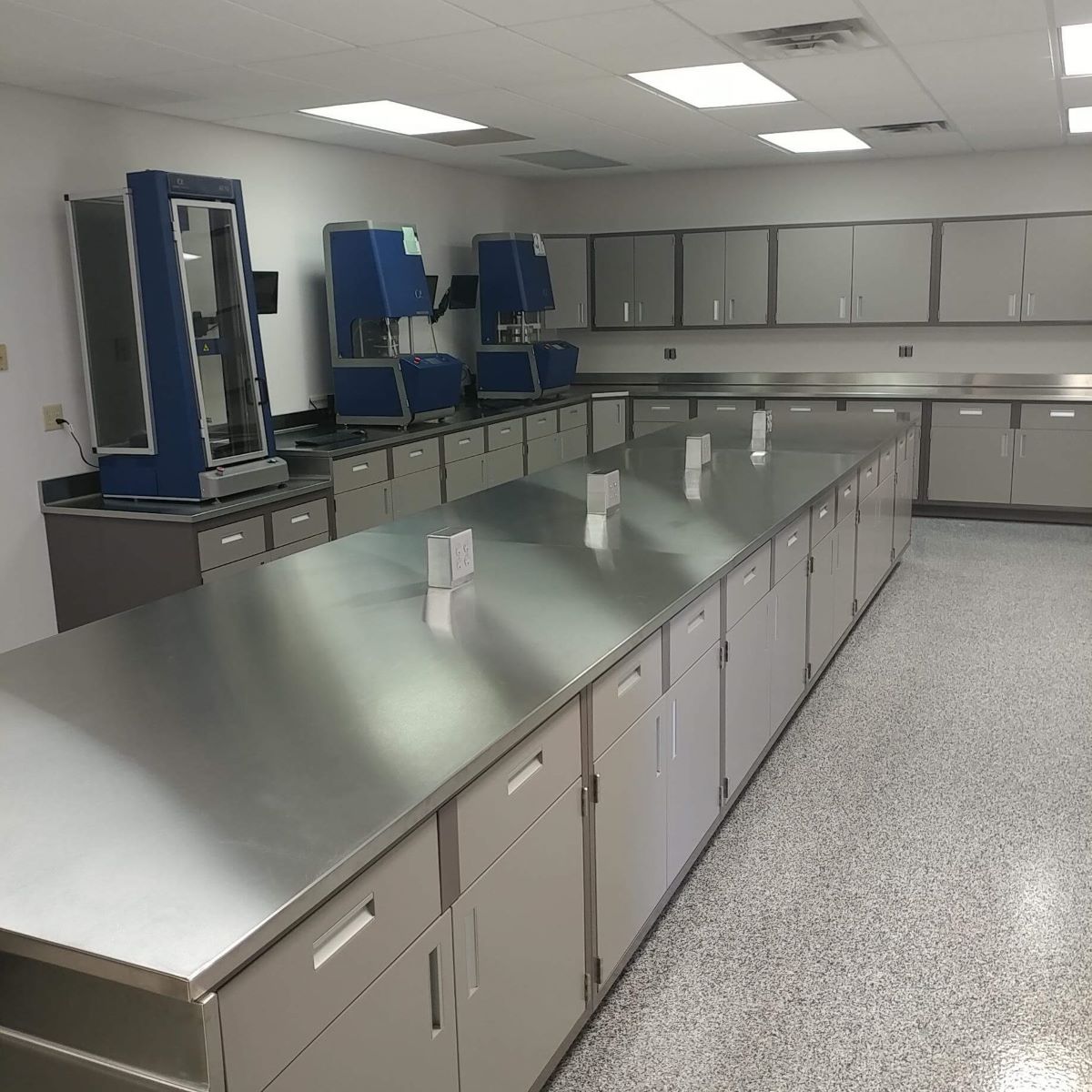
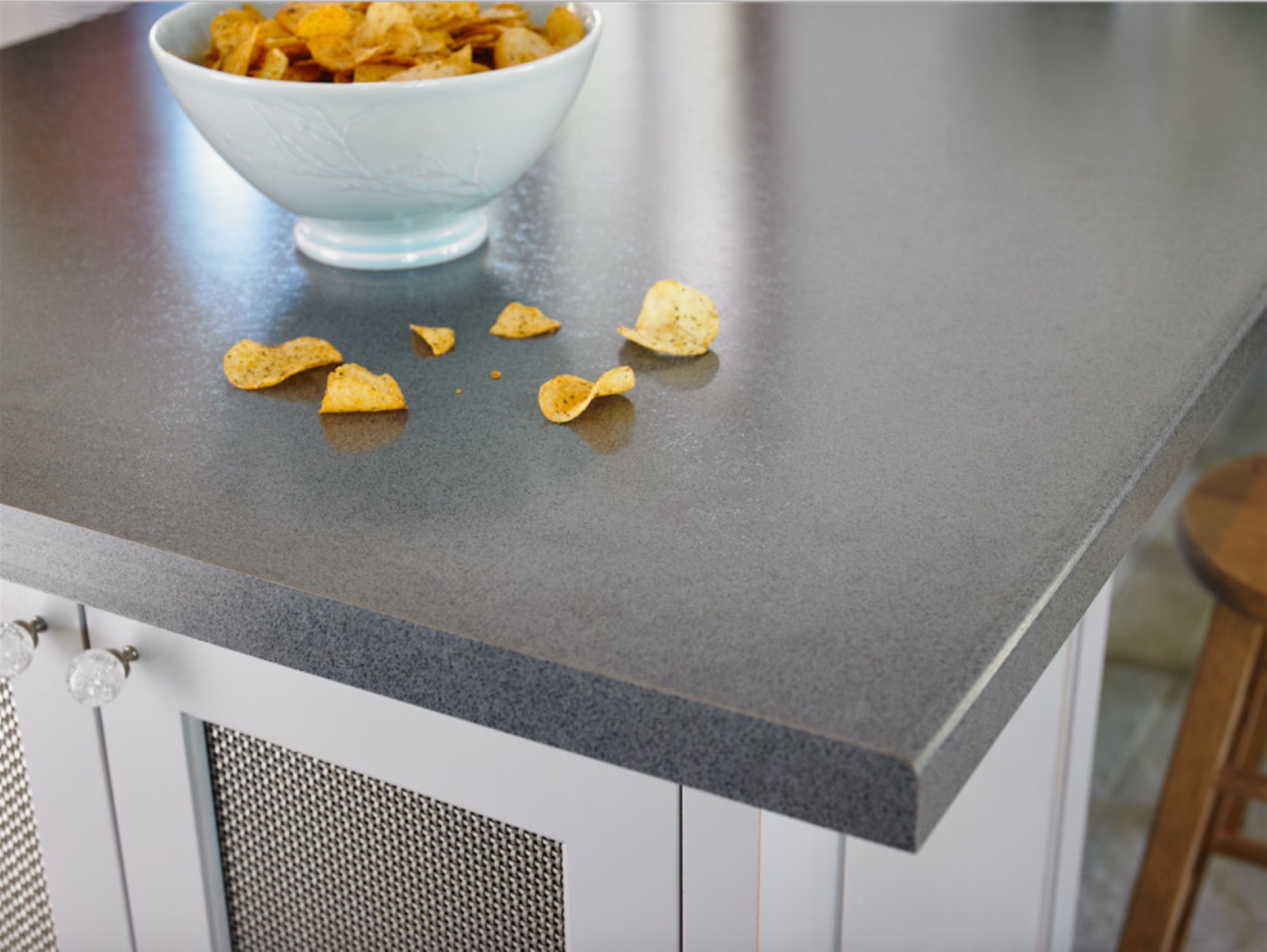
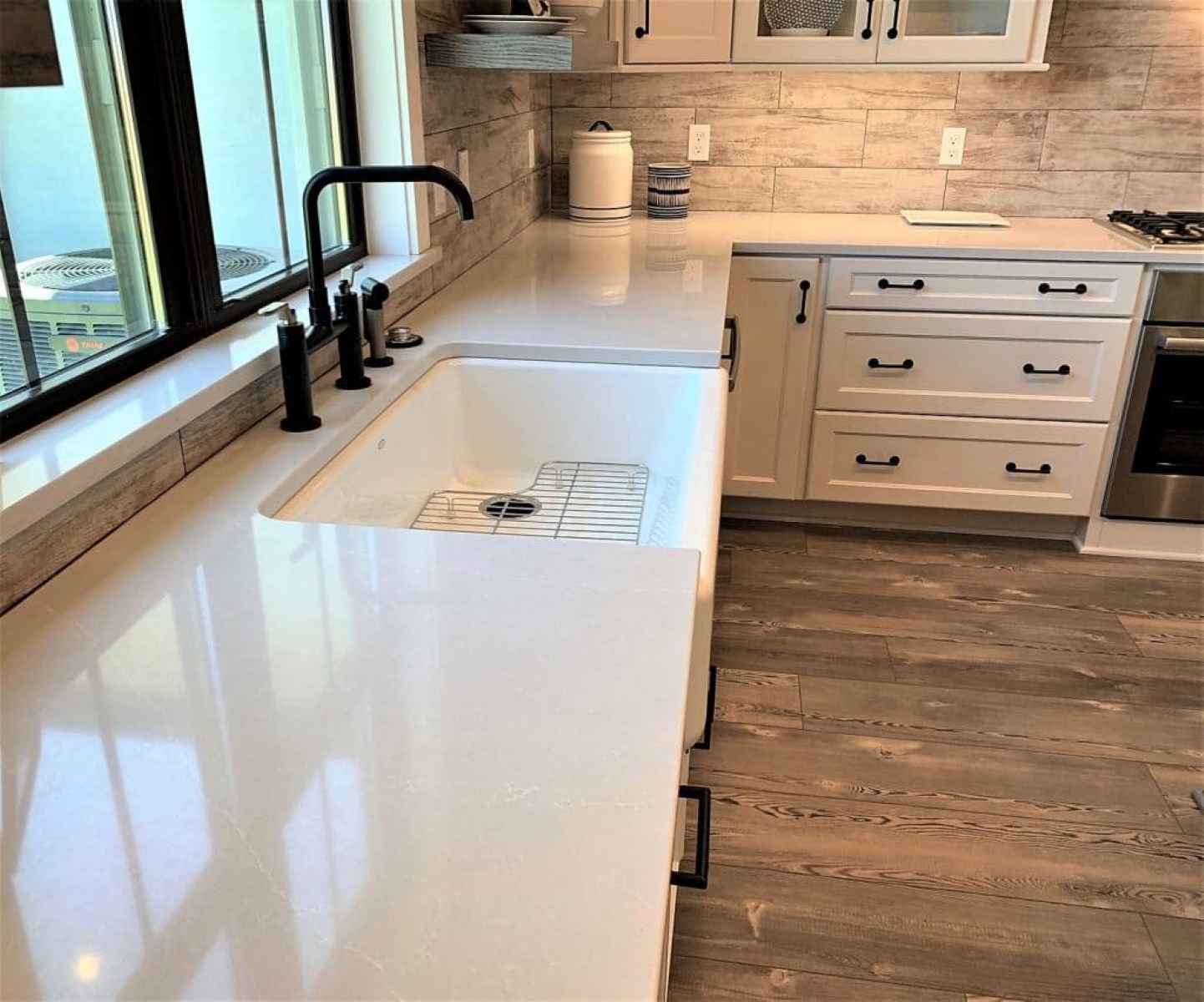
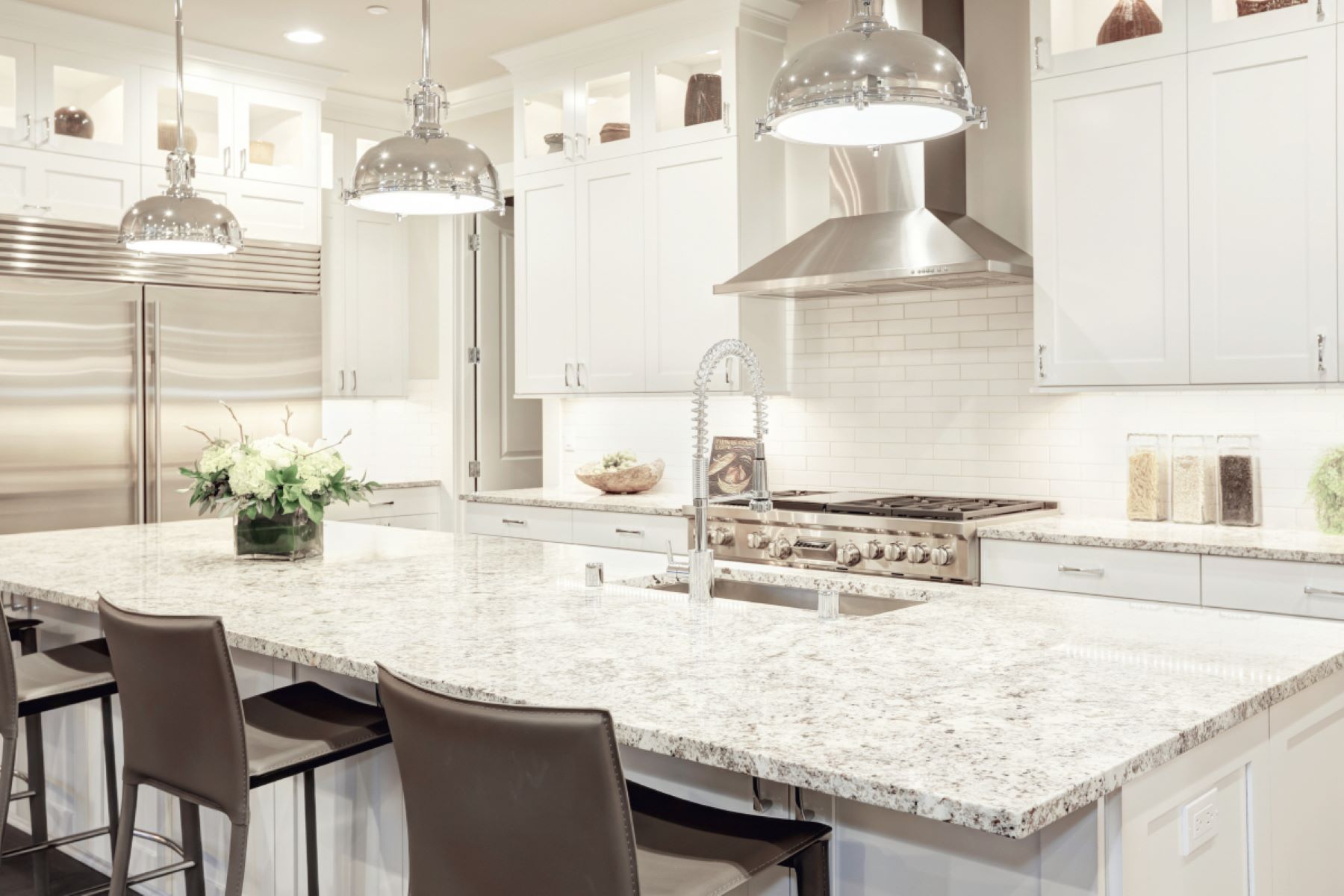
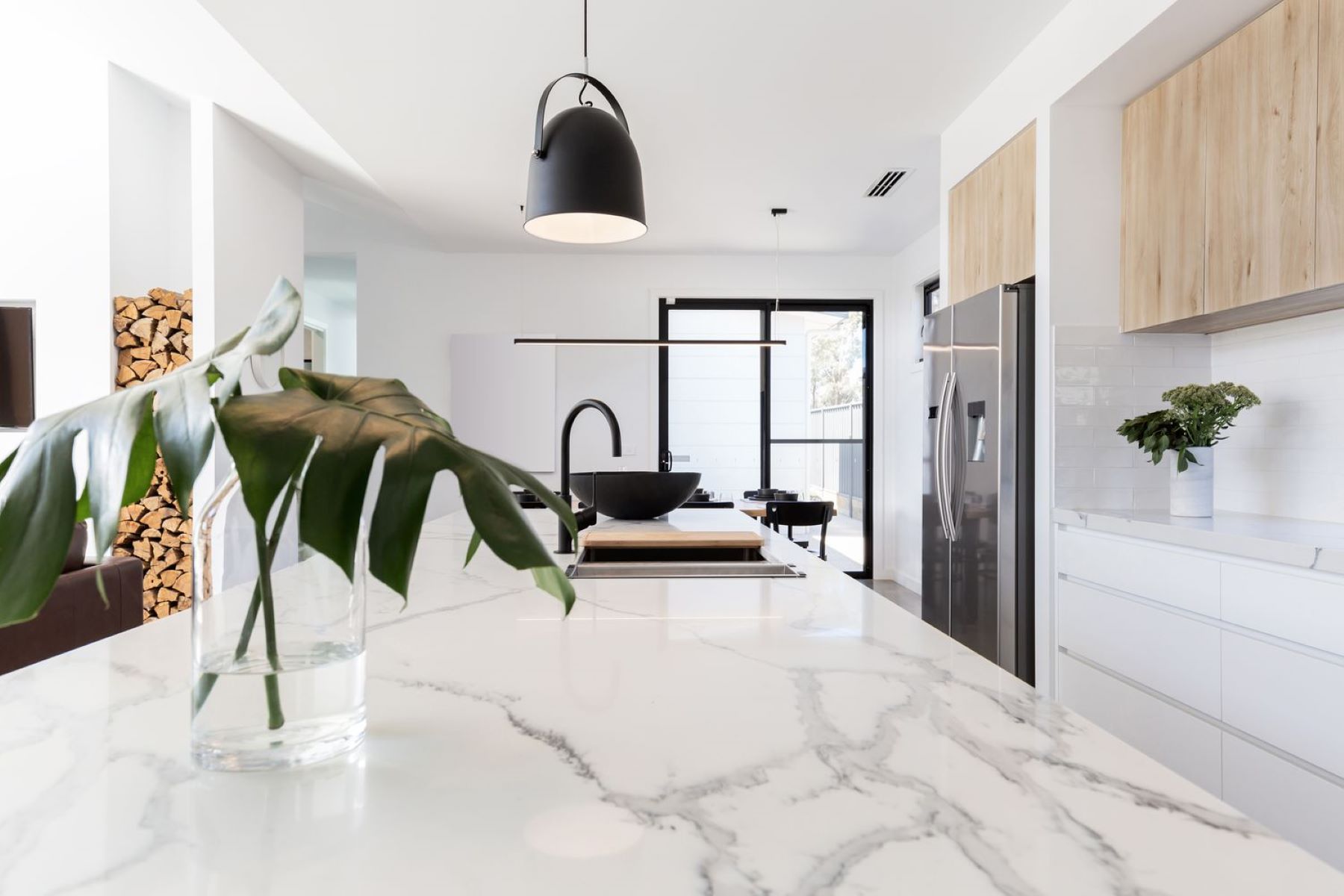

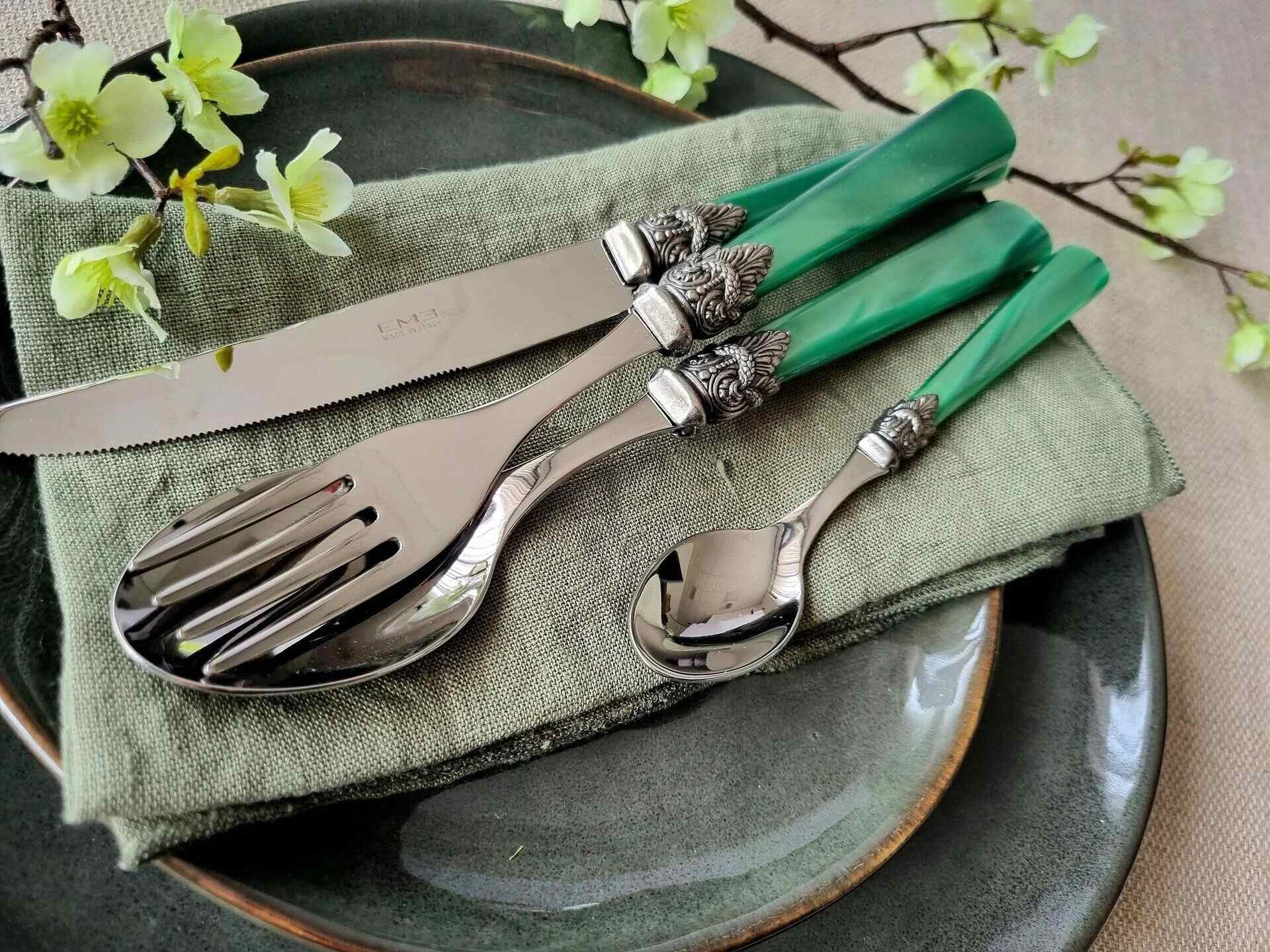
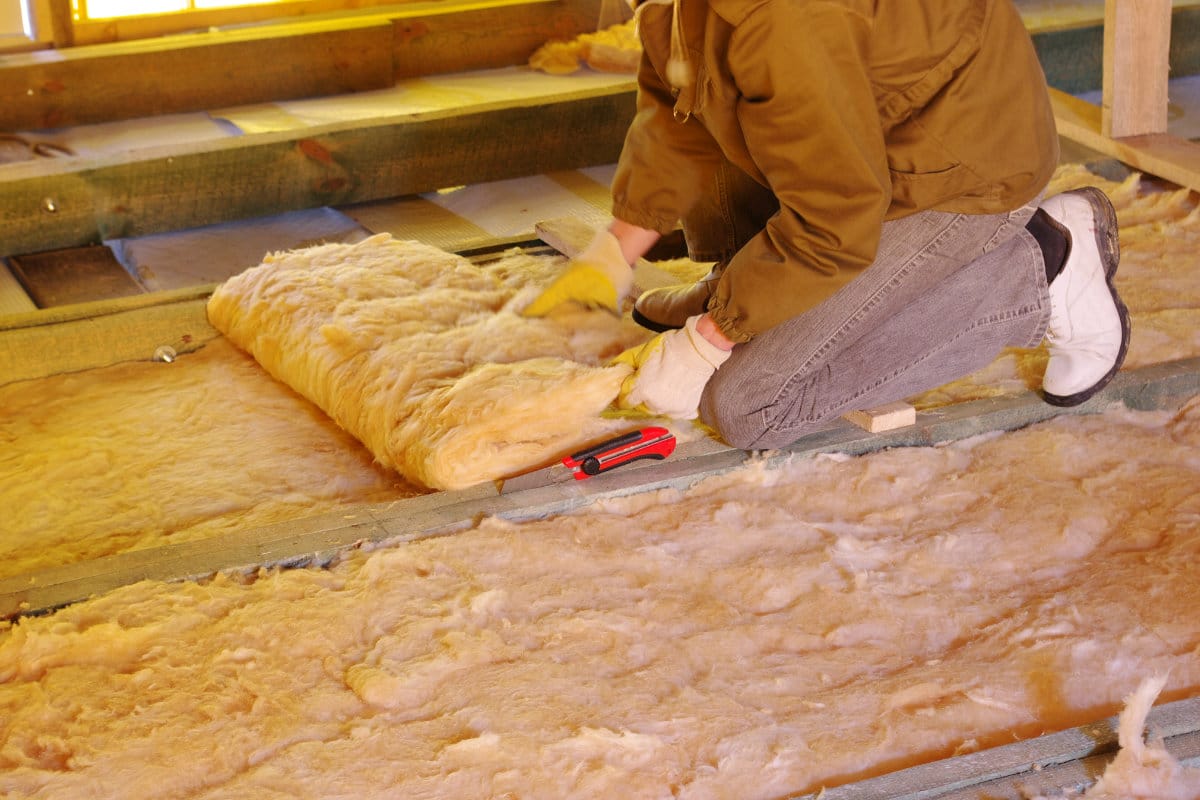

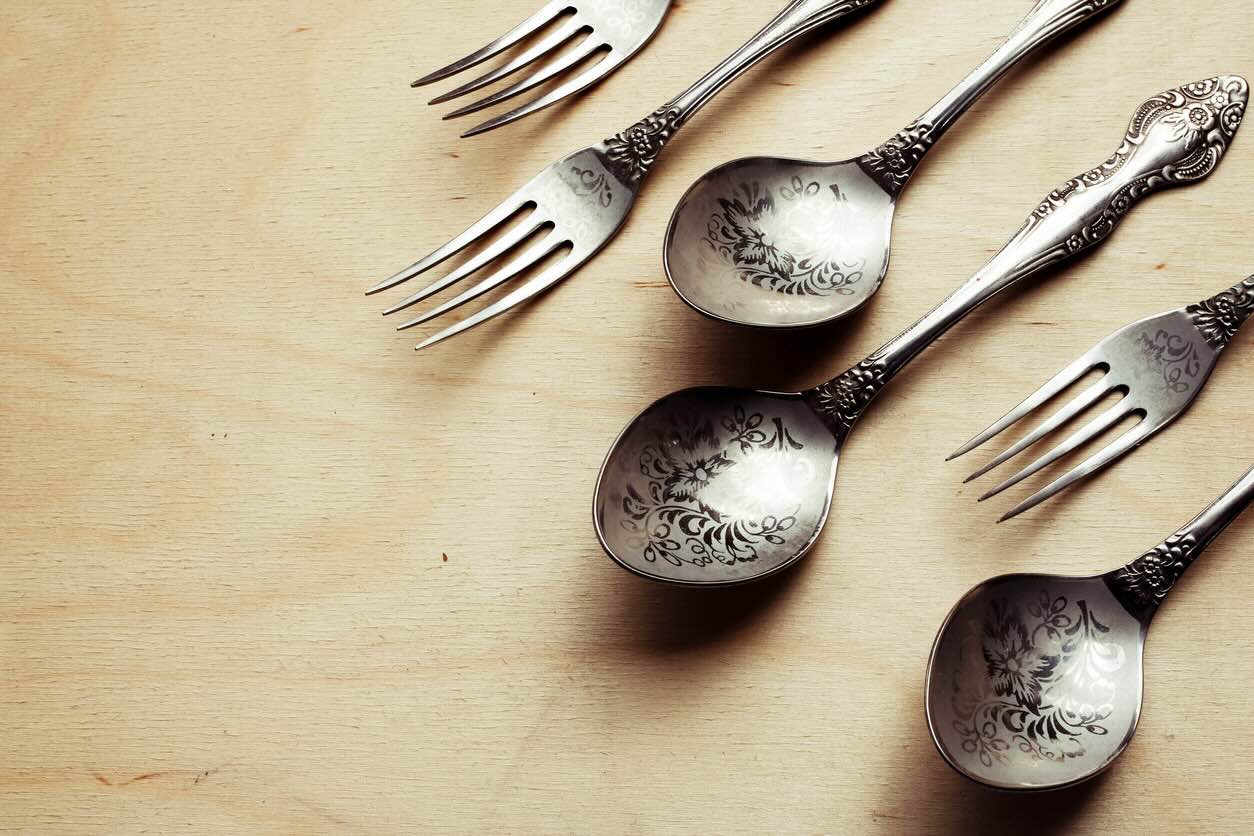

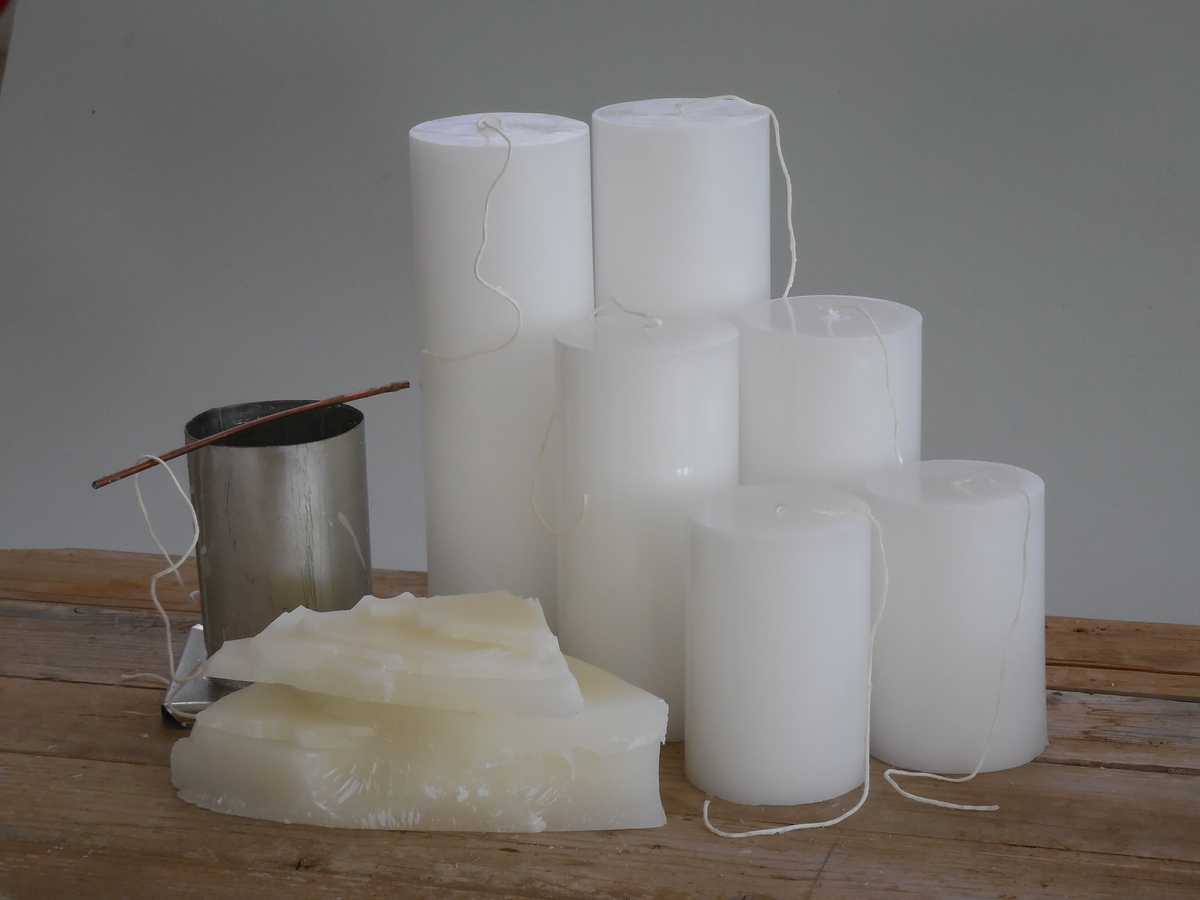



0 thoughts on “What Are Neolith Countertops Made Of”